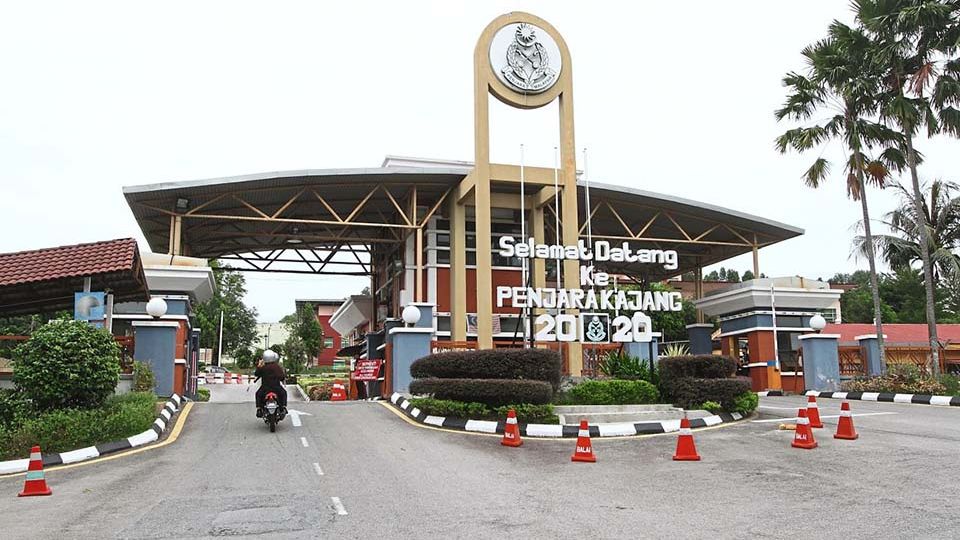April 5, 2024
PETALING JAYA – In a move to curb overcrowding in prisons, about two-thirds of eligible inmates are targeted to undergo rehabilitation programmes within the community by 2030.
The programmes range from parole to the Resident Reintegration Programme that allows an inmate who meets certain criteria to serve a sentence outside of prison.
Prisons Department statistics for 2023 showed that 19,269 people have been placed in such rehabilitation programmes within the community, also known as PDK.
Its director-general Datuk Nordin Muhamad told The Star that the success rate for PDK was 95.77% in 2023.
“As of Feb 14 this year, there are 3,988 prospects currently undergoing such programmes,” he added.
Of the number, he said, 2,727 were under the Licensed Release of Prisoners (PBSL) programme and another 780 under the parole system.
ALSO READ: ‘Prisoner rehab schemes must be done properly’
The PBSL, which was approved in October 2020, has to date seen the early release of 16,515 inmates who had met the stipulated criteria to reside within the community, outside of prison, he said.
“Those that are eligible for PDK are sentenced inmates. This means the inmate has already been sentenced for the crime and punishment passed by the courts while also meeting stipulated conditions.
“Those still under remand, foreign inmates, those in rehabilitation centres (PPA), on death row and serving life sentences (do not qualify) for these programmes,” he said.
Other programmes under the PDK umbrella are also being expanded to help reach their targets, added Nordin.
“Efforts are underway to strengthen existing programmes and to enhance others such as home detention, prison supervision after release, as well as suspended sentences – in accordance with what is being implemented in other countries,” he said.
“Besides that, the department also has in place several programmes such as the parole system, the Compulsory Attendance Order (PKW), the PBSL, and the Resident Reintegration Programme.
ALSO READ: Inmate transfers can tackle capacity issue, says Prisons DG
“Selected inmates will undergo outside-of-prisons training for the workforce, including industrial and farming sectors while also receiving equal pay as other workers,” he said.
Nordin said other strategies are being mulled, including offering home detention to those under remand as well as suggesting suspended sentences as an alternative.
“It is hoped that these two strategies will reduce overcrowding in prisons, increase security, offer better rehabilitation opportunities to inmates and also reduce the strain on the prisons system as a whole,” he added.
On March 2, during the 234th Prisons Day celebration at the Puncak Borneo Prison Complex, Home Minister Datuk Seri Saifuddin Nasution Ismail said the government has agreed in principle to implement the PBSL through home detention for prisoners serving jail sentences of four years or less as an effort to reduce overcrowding in prisons.
He said inmates involved in the initiative consisted of individuals with chronic diseases, the elderly, persons with disabilities and expectant mothers.
He added that if the convict was from those categories, it was more humane to place them outside and not inside prison.
Saifuddin Nasution also suggested that gadgets could be attached to such convicts if home detention was implemented, to monitor their whereabouts.
Such release programmes, he said, could not only address overcrowding in prisons, but was also a cost-saving measure for the country.

